A pioneering vision of a modern medical university
On June 12, 2025, the Government issued Decision No. 1131/QD-TTg, establishing 11 national strategic technology groups and 32 priority product groups for development. Of these, artificial intelligence (AI) and biotechnology, especially stem cells and gene technology, are considered two important pillars in future healthcare development.
With a vision to stay ahead of the trend, Phan Chau Trinh University (PCTU) has soon shaped a medical university model based on two strategic platforms: AI & Big Data, and Modern Biotechnology.
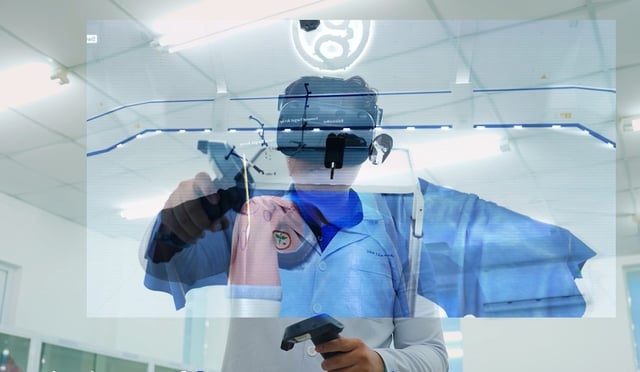
Students learn anatomy on virtual reality models
AI and Big Data inEducation - Research - Clinical
AI and Big Data create a "second brain" in training, research, and diagnosis. Applying AI to medical education helps students access global knowledge, while personalizing the learning process through specific "medical prompts", thereby training systems thinking and data-based clinical decision making.
In research, AI supports the analysis of large volumes of medical records and paraclinical results, thereby modeling pathology, predicting treatment outcomes, and building diagnostic support algorithms - the foundation of data-driven medicine.
In the clinical field, PCTU deploys a treatment decision support system (CDSS), AI in medical image analysis (MRI, CT, endoscopy), and patient management, helping to improve accuracy, reduce medical errors and increase early treatment effectiveness.
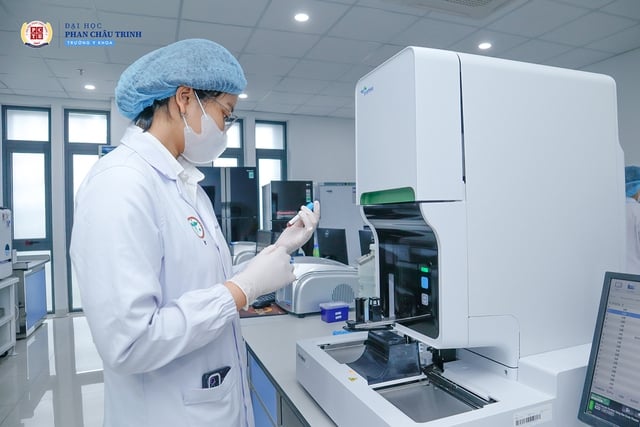
PCTU's laboratory students practice at the Department of Pathology of the Hospital
Biotechnology: from stem cells to gene editing
Along with AI, biotechnology is the second pillar that has been systematically invested in at PCTU. The Biomedical Research and Application Center (BMAC) focuses on stem cell research, tissue culture and functional regeneration therapy - with the potential to change the treatment of chronic diseases, musculoskeletal, neurological, post-surgical injuries...
The school's Genomic - PCR - CRISPR Laboratory serves genetic research, gene mutation screening and personalized treatment. The application of CRISPR gene editing technology opens up the possibility of early intervention in genetic diseases, cancer and metabolic disorders.
PCTU also internationalizes research through cooperation with centers in Japan, Korea, Germany, the US, etc. to bring advanced technologies into domestic clinical practice.
Training the doctors of the future
PCTU aims at the model of a doctor - data analyst - practitioner of precision medicine. The training program follows the CBME (Competency-Based Medical Education) model, personalized and assessed according to actual capacity.
Students learn through more than 2,000 common clinical scenarios, with support from AI assistants to look up, analyze, and manage. A personalized e-portfolio system helps students track their learning progress and receive continuous feedback.
A breakthrough in training is the Smart Hospital, with OR1 simulated operating rooms, AI-integrated ICUs and virtual anatomical models, facilitating safe and accurate practice of preclinical skills.
As a result, graduates are not only theoretically sound but also technologically proficient, have analytical thinking and a spirit of innovation - key elements in modern medicine.
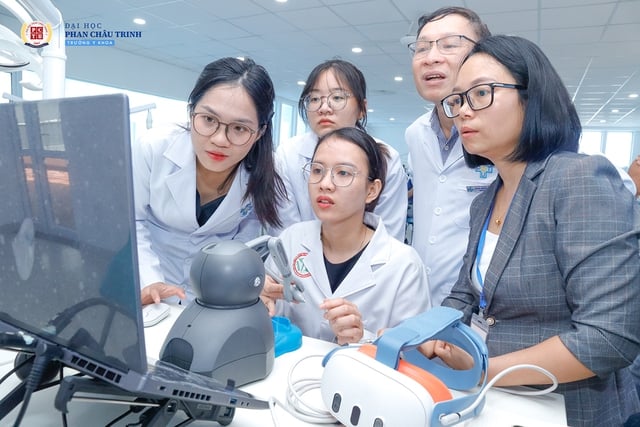
Practice Dental skills on a simulation system with integrated artificial intelligence
Comprehensive digital transformation ecosystem
Not stopping at the lecture hall, PCTU builds a comprehensive digital ecosystem, including training, research, treatment and academia.
Phan Chau Trinh University of Medicine Hospital has 300 beds, fully equipped with specialized departments, operating according to the digital hospital model: integrating HIS, PACS, LIS, RIS and electronic medical records (EMR) systems. This is also a real-life clinical environment for students.
The Deep Medical Unit connects data between research - treatment - training. AI is used to personalize learning, analyze pathological causes and predict disease progression - the foundation for predictive medicine and proactive preventive medicine.
In addition, the smart medical library connects international knowledge sources such as PubMed, Cochrane, Uptodate, Amboss, and AI technology to retrieve learning content suitable for each individual, contributing to improving the quality of self-study and research.
In harmony with national strategy
The PCTU's AI and biotechnology strategy is not alone but in harmony with the national direction in developing precision medicine, personalized medicine and preventive medicine - the three pillars of future medicine.
In the coming period, PCTU focuses on:
- Building a regional medical AI center for the Central region, bringing Vietnamese healthcare to the regional level
- Training physicians, technicians, and biomedical researchers to use technology as a fundamental competency;
- Developing a medical ecosystem based on genomics, approaching advanced countries in personalized medicine.
In the context of AI and biotechnology becoming national strategies, Phan Chau Trinh University demonstrates a pioneering role in innovation in medical education, digital transformation and applied research for public health.
PCTU does not follow trends - PCTU creates trends.
PCTU doesn't just train doctors - PCTU trains healers of the digital age.
Source: https://thanhnien.vn/truong-dh-phan-chau-trinh-tien-phong-ung-dung-ai-va-cong-nghe-sinh-hoc-y-khoa-185250616165644928.htm












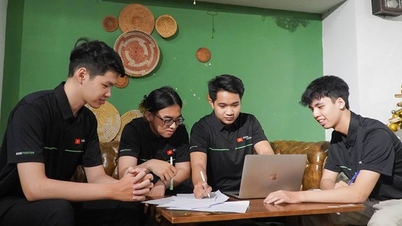






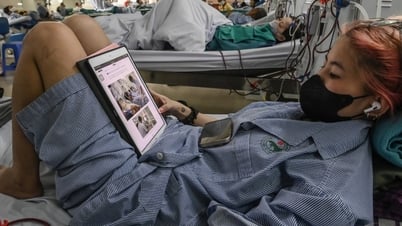




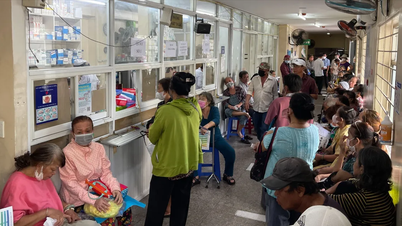

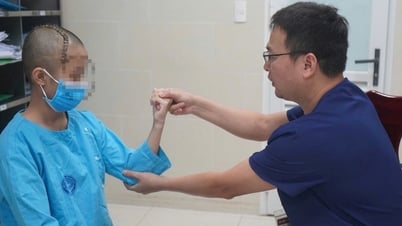





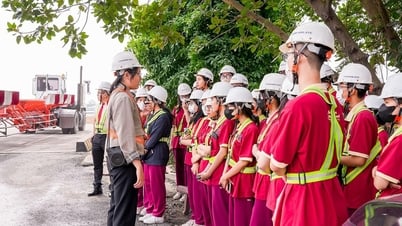



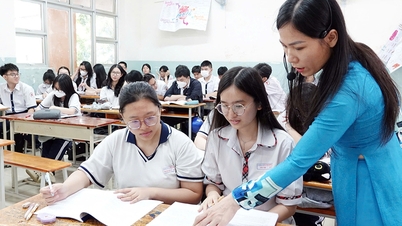
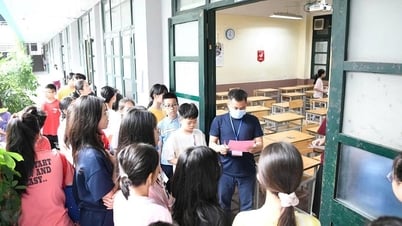






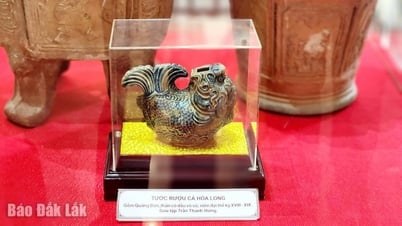















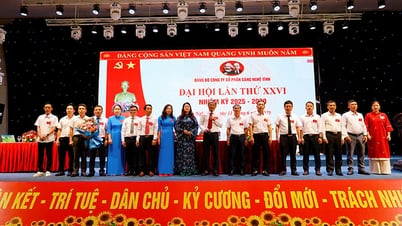
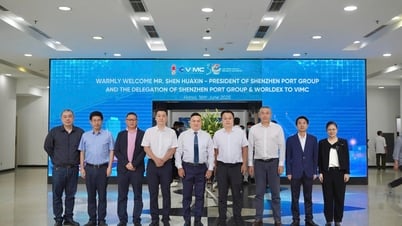


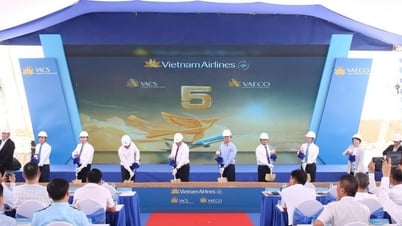
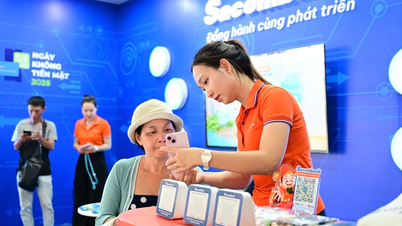





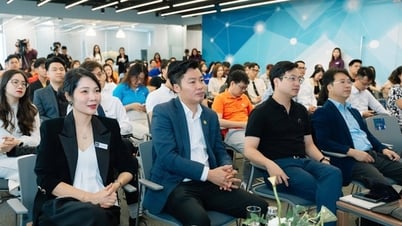

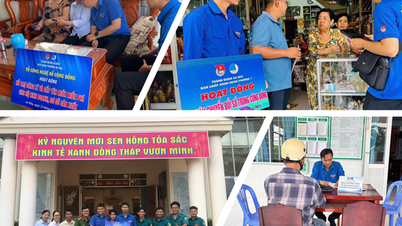
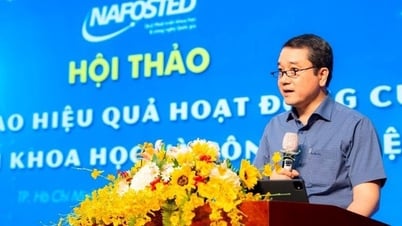




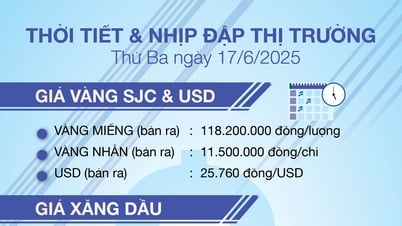




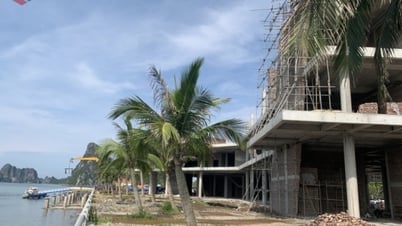



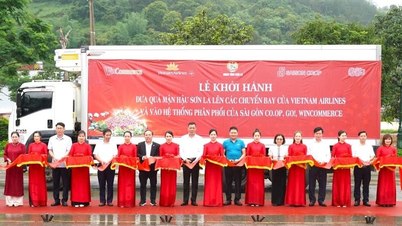














Comment (0)